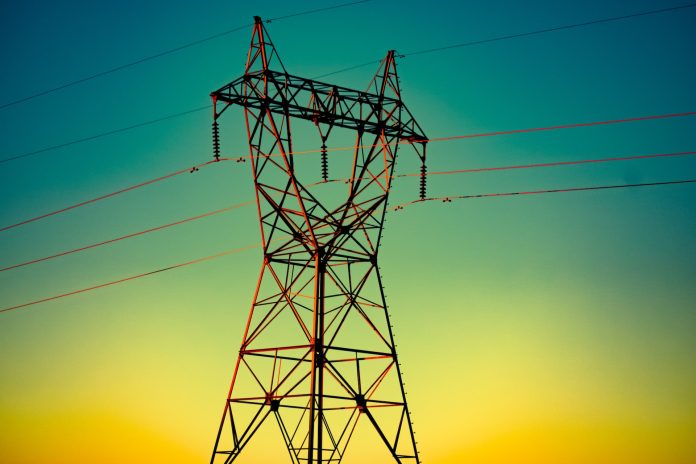In Mowe, Ogun State, a pressing concern has emerged involving the distribution of electricity. Residents from various communities, under the representation of the Ogun State Community Development Council (OGSCDC), have voiced their frustrations over the perceived inequitable distribution of power by the Ibadan Electricity Distribution Company (IBEDC).
The communities of Eguu, Ogunrun, Abaren, and Adesan are particularly affected. They have identified several issues, including the apparent reluctance of IBEDC to invest in necessary equipment and infrastructure, a perceived bias in power distribution, and an unfair billing system. These challenges, as the residents claim, have significantly impacted their daily lives and the local economy.
To address these concerns, the Power Supply Advocacy Group in Ogun, a local organization, organized a briefing where the affected residents could express their grievances and call for action. They emphasized the disparity in power distribution, noting that while neighboring areas such as Omu, Iro, Mokoloki, Loburo, Gbarinmole, Ofada, Owode, Mowe market areas, Pakuro, Ogunrun, and Orimerumu often enjoy uninterrupted power supply, their communities suffer prolonged outages.
The residents have outlined their demands, seeking a more equitable and fair distribution of electricity. They call for an equal duration of power supply across all communities, a billing system that accurately reflects the amount of power supplied, and a widespread distribution of pre-paid meters. Additionally, they have proposed the construction of more injection and 33KVA stations to improve the overall power infrastructure in their area.
Highlighting the broader implications of the issue, Baale of Adesan, Chief Tajudeen Adesan, pointed out the detrimental impact on local businesses due to the inconsistent power supply. He, along with other community leaders, has appealed directly to the state government for intervention.
The Coordinator of the Power Supply Advocacy Group, Chief Nasiru Bamidele Saheed, further emphasized the importance of electricity, not just as a utility but as a means of ensuring security and normalcy in daily life. The lack of electricity, he argues, not only hampers economic activities and disrupts education but also creates an environment conducive to criminal activities.
This situation has prompted calls to various levels of government for assistance. The community urges Governor Dapo Abiodun, the Minister of Power, and President Tinubu to acknowledge their plight and take decisive action to remedy the situation. They stress that while national grid issues are recognized, the focus should be on the fair and equitable distribution of whatever power is available.
In conclusion, the residents of Mowe are in a challenging predicament, facing irregular power supply and what they perceive as unjust practices by the IBEDC. Their appeals for equitable distribution, fair billing, and infrastructural investment highlight a critical need for governmental intervention and corporate responsibility. As the situation continues to affect daily life and economic stability in Mowe, the resolution of these issues remains a pressing concern for both the residents and the authorities involved.



